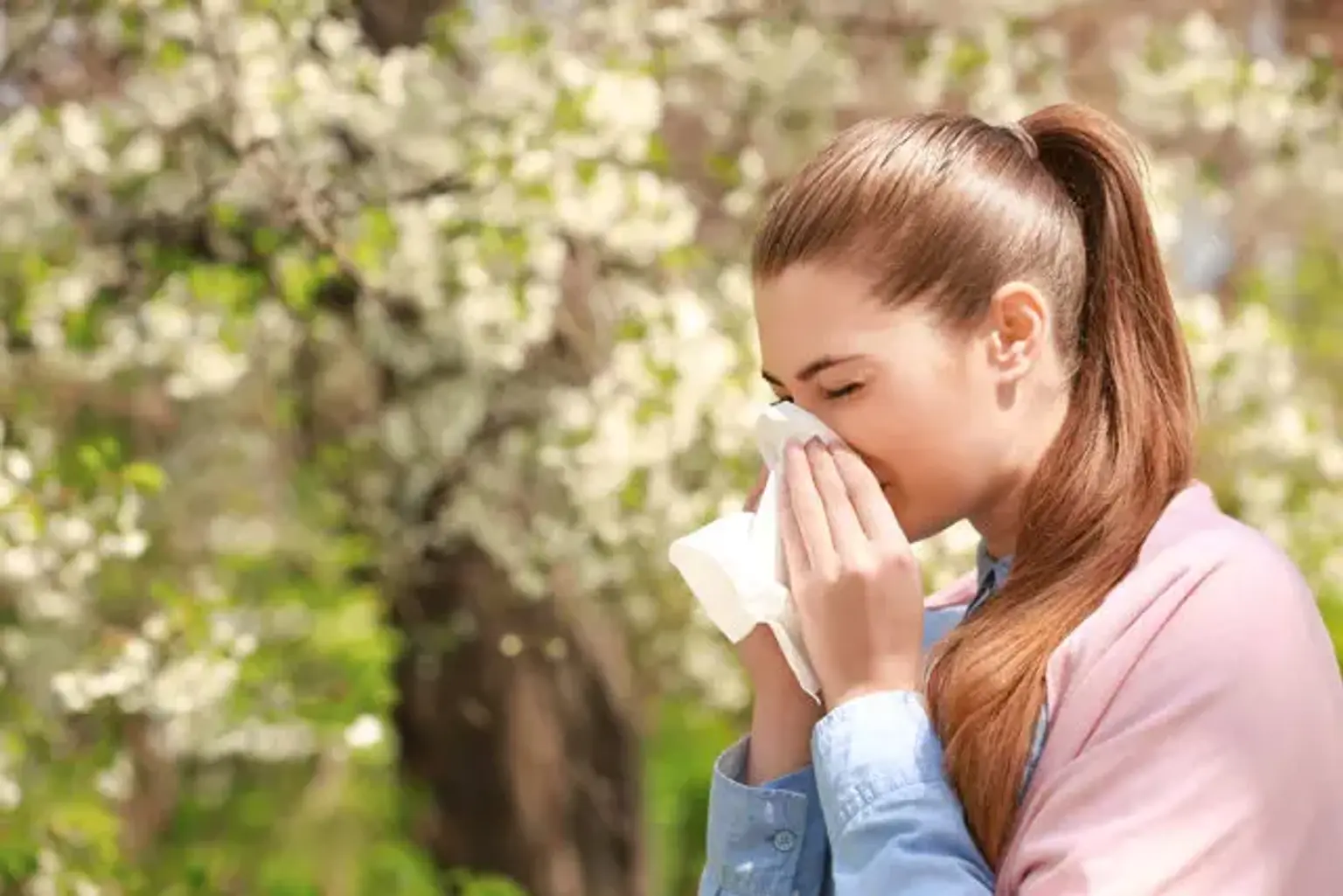Allergies
Allergies develop if the body's immune system responds to foreign material or food that normally causes no reaction in most people. The foreign substance can be pollen, pet dander, or bee venom.
Antibodies are substances produced by the immune system. If you have allergies, the immune system releases antibodies that mistakenly identify a harmless allergen as harmful. The reaction of the immune system to the allergen might inflame your sinuses, skin, air paths, or digestive system when you come into contact with it.
In addition, allergies often vary in severity from one person to another. Besides, they tend to range from mild irritation and discomfort to anaphylaxis, a possibly fatal emergency. Although most allergies are incurable, some medications can help alleviate allergy symptoms.
